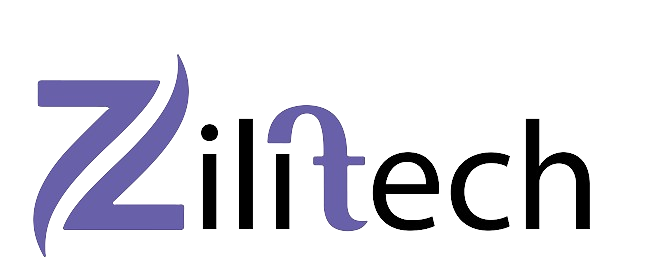E-governance, or electronic governance, refers to the use of information and communication technologies (ICTs) by governments to improve the efficiency, effectiveness, transparency, and accountability of governance processes. It involves the digitalization of government services, processes, and interactions with citizens, businesses, and other governmental entities.
E-governance encompasses a wide range of applications and initiatives, including:
- Online Service Delivery: Governments provide various services online, such as applying for permits and licenses, paying taxes, accessing healthcare and education services, and obtaining information about government programs and policies.
- Digital Platforms: Development of digital platforms and portals that enable citizens to interact with government agencies and access information and services in a centralized manner.
- E-participation: Involving citizens in decision-making processes through online platforms, surveys, and consultations to gather feedback and input on policies and initiatives.
- Open Data: Making government data accessible to the public in machine-readable formats, allowing citizens, businesses, and researchers to analyze and utilize the data for various purposes.
- Digital Identity: Implementing secure digital identity systems that enable citizens to access online services securely and authenticate their identity for transactions and interactions with the government.
- Blockchain Technology: Exploring the use of blockchain technology for improving the security, transparency, and efficiency of government processes, such as land registries, supply chain management, and voting systems.
- Mobile Governance: Leveraging mobile technologies to deliver government services and information to citizens, especially in areas with limited internet access.
- Cybersecurity: Ensuring the security and integrity of government systems and data against cyber threats and attacks.
E-governance has the potential to enhance citizen engagement, improve service delivery, reduce corruption, and promote transparency and accountability in government operations. However, its successful implementation requires overcoming various challenges, including digital literacy barriers, infrastructure limitations, cybersecurity risks, and ensuring inclusivity and accessibility for all segments of society.


